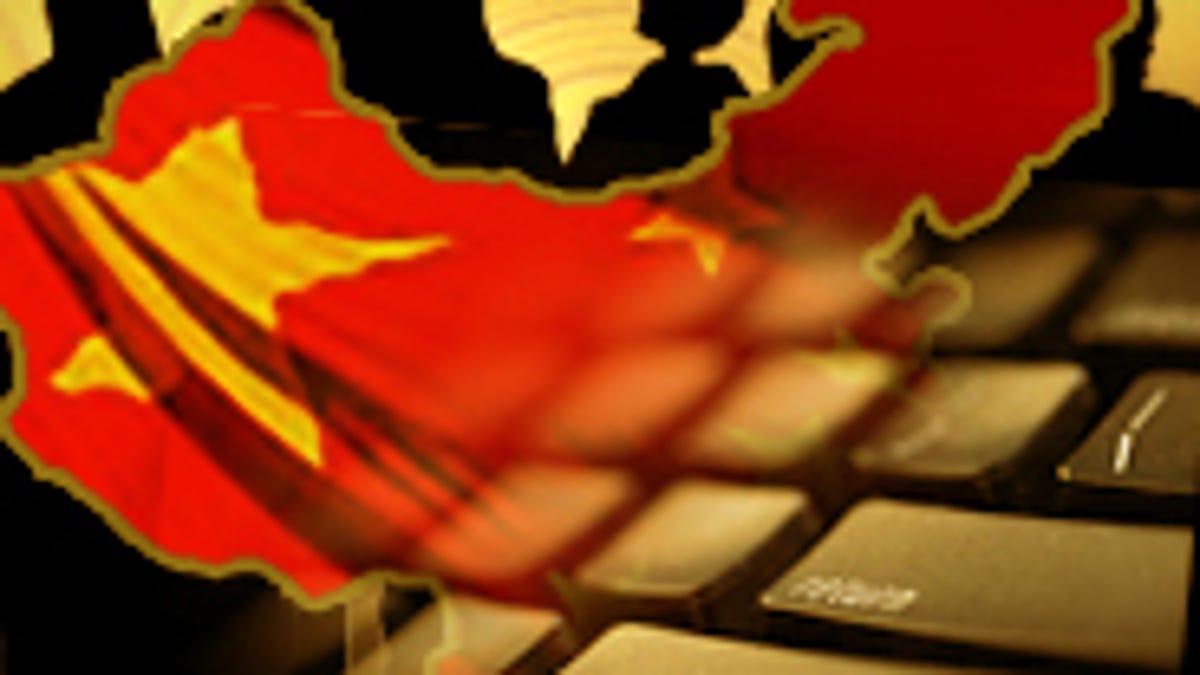China cyberspies highlighted by Schmidt book, Post report
After New York Times, Wall Street Journal report suspected Chinese hacks on their systems, The Washington Post says its computers were hit too. Also: Eric Schmidt weighs in on China threat in new book.

Hot on the heels of reports from The New York Times and The Wall Street Journal, another storied U.S. newspaper -- The Washington Post -- has confirmed that it too was attacked by what it suspects were Chinese hackers. And a new book from Google's Eric Schmidt reportedly calls the Asian country "the most sophisticated and prolific" hacker of foreign companies.
In an article published today, the Post says attackers gained access to the paper's computer systems as early as 2008 or 2009 and that malware installed on the systems was neutralized in 2011 by computer-security company Mandiant -- which also worked with the Times and the Journal.
The Post said important administrative passwords may have been nicked, "giving hackers potentially wide-ranging access to The Post's systems before the computers were taken offline and enhanced monitoring was put in place to prevent a recurrence. It was not clear what information, if any, was stolen by the hackers."
Details in the Post report were provided by unnamed sources, but the paper said its parent company had confirmed that attacks took place.
The Post quoted Grady Summers, a vice president at Mandiant, as saying that in general, Chinese government hackers "want to know who the sources are, who in China is talking to the media.... They want to understand how the media is portraying them -- what they're planning and what's coming." Summers wouldn't, however, comment specifically on the attacks against the Post.
The Post said its calls to the Chinese Embassy in Washington and to officials in Beijing were not returned, but when asked earlier in the week about attacks on media, China's Defense Ministry told the paper: "The Chinese military has never supported any hack attacks. Cyberattacks have transnational and anonymous characteristics. It is unprofessional and groundless to accuse the Chinese military of launching cyberattacks without any conclusive evidence."
Google's Schmidt: China is a 'prolific' hacker
In related news, the Journal's Corporate Intelligence blog reviewed preliminary galleys of "The New Digital Age," a book due in April from Google's Eric Schmidt, saying Schmidt's comments on China are the book's stand-out bits. The Journal pulled out some choice quotes, reporting that Schmidt and co-author Jared Cohen
...write [that China is] "the world's most active and enthusiastic filterer of information" as well as "the most sophisticated and prolific" hacker of foreign companies. In a world that is becoming increasingly digital, the willingness of China's government and state companies to use cybercrime gives the country an economic and political edge, they say.
"The disparity between American and Chinese firms and their tactics will put both the government and the companies of the United States as a distinct disadvantage," because "the United States will not take the same path of digital corporate espionage, as its laws are much stricter (and better enforced) and because illicit competition violates the American sense of fair play," they claim.
The book also refers to Stuxnet in making the point that the U.S. is not completely innocent when it comes to cyberespionage, the Journal reports, and it goes on to discuss a potential splitting of the Internet into a system used by relatively free societies and one used by repressive countries. In part because of this, coordination between government and the private sector in the realm of Internet infrastructure could well increase, even in a free-market-minded country like the U.S.:
Chinese telecom equipment companies, rapidly gaining market share around the world, are at the front lines of the expansion [of coordination], they say: "Where Huawei gains market share, the influence and reach of China grow as well." And while western vendors like Cisco Systems and Ericsson are not state controlled, they will likely become closer to their governments in the future, Schmidt and Cohen say....
You can read the Journal's full write-up of the Schmidt book here.

